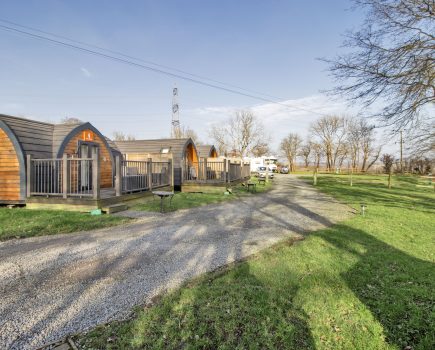By Helen Clouting MRICS FAAV and Leo Hickish FRICS FBIAC, Batcheller Monkhouse
More needs to be done to ensure that tenant farmers can play their part in helping the agricultural sector reach ‘net zero’ while earning a decent living.
While the Rock Review and changes to the requirements around the Environmental Land Management scheme (ELMS) have gone some way towards levelling the playing field, there is some way to go.
With basic payment income declining, farmers are increasingly looking to environmental schemes to provide an income, but these often come with the expectation that the agreement holder is able to sign up for the long term. With the average farm tenancy currently just over three years, farm tenants are in danger of being excluded.
All farms need to be able to benefit from the schemes that aim to fill the gap left by BPS, which means the industry needs longer-term tenancies and more flexible schemes.
The Rock Review, published in October 2022, had two key objectives: to look at how “accessible, open and flexible to tenant farmers” ELMS is and to review longer-term changes that would protect and support a “robust, vibrant and thriving agricultural tenanted sector for the future”.
Recognising the importance of the tenanted sector and the need for industry-wide engagement was positive and welcome, and it is clearly important for landlords that their tenants can adapt and thrive as BPS continues to be phased out.
Falling incomes would usually prompt higher prices or an increase in output, but during a cost-of-living crisis and with an environmental agenda to fulfil, the response is less obvious. Businesses have to decide whether to increase production in the face of rising input costs, explore diversification opportunities or put land into environmental schemes. That decision is clearly more complicated for tenant farmers who don’t have the same degree of security, and it is clear that while progress has been made, the tenanted sector requires an overhaul if it is to adapt.
Organisations including The Central Association of Agricultural Valuers and the Tenant Farmers’ Association have been spearheading calls to reform tenancy matters so that all farmers can benefit from ELMS and similar schemes.
The Rock Review identified the need for greater tenant security and called for landlords to be given incentives to grant longer term tenancies.
It explained that this would give tenants the security they needed to encourage longer term capital investment, something that benefit both landlord and tenant, as well as allowing tenants to make meaningful environmental improvements.
Progress was made with the launch of a consultation on the tax treatment of environmental land management and ecosystem service markets alongside the March budget, something which could offer more security by clarifying the tax treatment of land being used for environmental schemes, which could potentially be considered a non-agricultural use for tax purposes.
If the consultation concludes that land subject to environmental schemes will receive the same Agricultural Property Relief (APR) and Business Property Relief (BPR) that applies to purely agricultural land, this could be pivotal from a taxation standpoint. One proposal is to limit APR to those farm business tenancies with a term of more than eight years.
Another issue is that while DEFRA’s lump sum exit payment scheme was set up to enable departure from the industry, there is nothing similar to attract new entrants. The Tenancy Working Group, under the Rock Review, has identified the need for “a comprehensive and long-term new entrant policy”, certainly something that is urgently required.
Even more complex is the issue of diversification, on which an increasing number of farm businesses rely. Under current FBT legislation, non-agricultural use is prohibited. The same tax issues also arise for the landlord. Increasingly, however, landlords are considering ways to enable their tenants to thrive through such ventures as glamping, events and other alternative uses. The current legislation needs to be reviewed to help facilitate this where appropriate.
As the Rock Review concluded: “There is no tenanted sector without landlords to let land, and what is best for landlords are viable, thriving tenants.”







